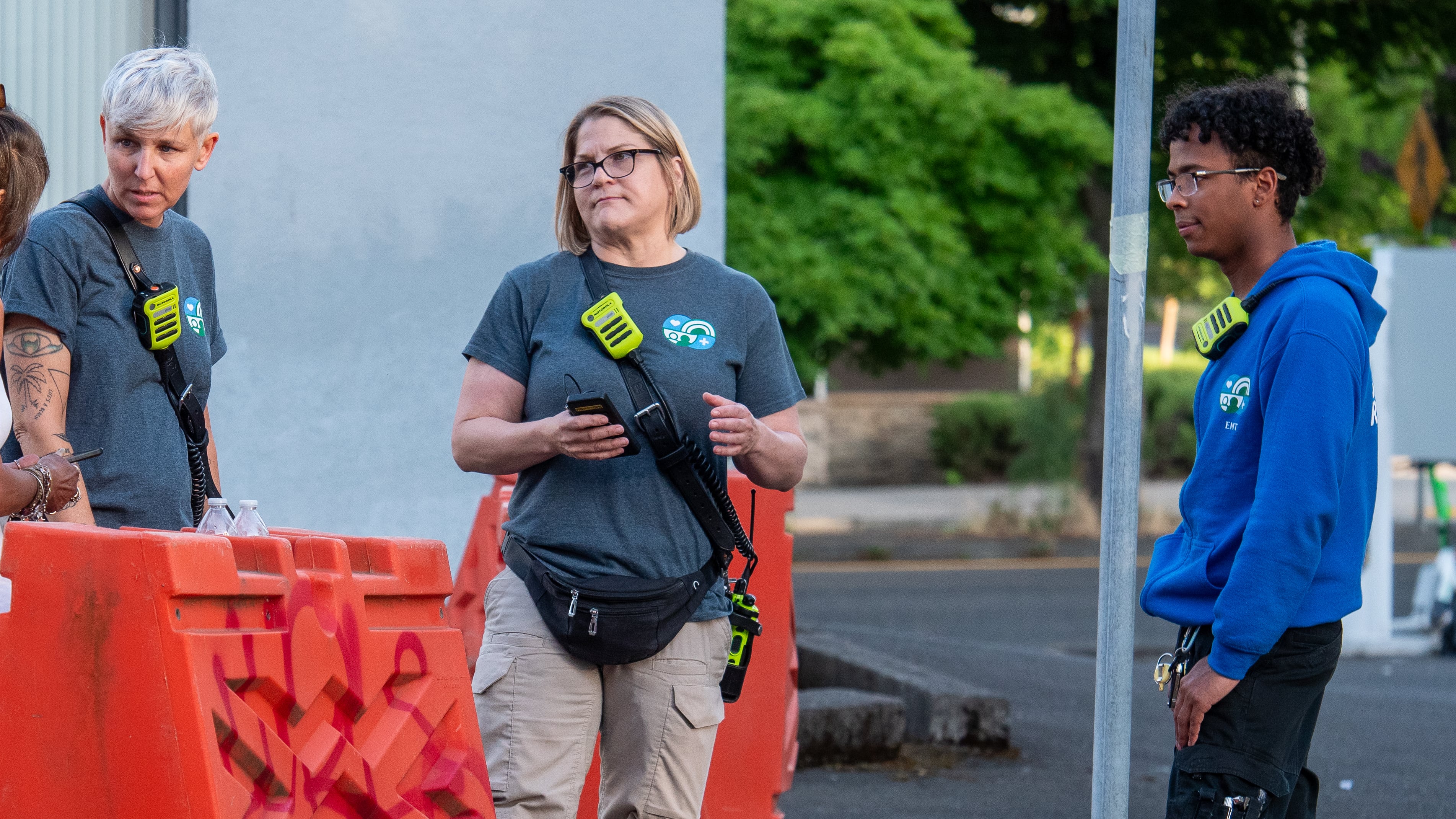Delays in the replacement of Portland’s lost sobering center have resulted in the further loss of a $550,000 federal grant.
In June 2022, the city of Portland applied for and won a grant from the U.S. Bureau of Justice Assistance to create a service to transport people from the streets to a new 24/7 sobering center that was scheduled to open earlier this year.
The transportation service, called Community Network for Coordinated Transportation, would operate vans staffed by peer support specialists and emergency medical technicians. It would have been, in essence, a replacement for the Central City Concern Hopper Inebriate Emergency Response Service, also known as CHIERS, that shut down its fleet of vans in 2019 around the same time as the city’s sobering center closed.
“If funded, CNECT will provide a key resource for law enforcement and other first responders who currently transport approximately 9,800 individuals per year that would meet the criteria for intake at the stabilization center,” the grant application read.
City Commissioner Rene Gonzalez has alluded to the need for a new transportation service to complement Portland Street Response, which 911 dispatchers can send instead of police officers to help people experiencing mental health crises. At an August community meeting, he said PSR puts people on buses or taxis to get them to local shelters—and sometimes they don’t want to go. “There are some liability issues,” he said. “PSR views this as a little bit of a challenge right now.”
The feds awarded the grant in September. But it seems the city and county were not on the same page regarding the time frame for building the sobering center where the vans would unload.
Instead of that sobering facility, the county is moving forward with a 20-bed “stabilization center” not intended as a drop-off site for law enforcement. The county has earmarked $150,000 toward studying the feasibility of such a drop-off site in the future.
So the city’s federal grant “lapsed,” says Cody Bowman, spokesman for the mayor’s office.
“We applied for the grant hoping it would provide transportation to and from a newly developed sobering facility; however, it has taken longer for our partners at the county to stand up this program,” he said via text message. “Our community desperately needs immediate stabilization resources, and we will continue working with our regional partners to get these online.”
In a statement to WW, Multnomah County Chair Jessica Vega Pederson, who just took office this year, said she wasn’t surprised the funding had lapsed given how long the process has taken.
“It took our community years to move from planning to action for [Behavioral Health Emergency Coordination Network] investments,” Vega Pederson told WW. “That was far too long, which is why I stepped in after becoming chair and moved us to making bigger investments. I’m not surprised to hear that funding opportunities were missed because of how long this work has taken.
She maintains that the county is making progress on multiple fronts.
“The acuity of behavioral health issues in our community has skyrocketed since the days of the CHIERS van and the drunk tank. We’re now in a place of funding a stabilization center, thanks to the recommendations of our health care experts and the investments of our board. And Commissioner Julia Brim-Edwards will be leading work on additional sobering capacity—which is in addition to the 17 sobering beds coming online already this year. That is necessary progress.”

